
UK Ag Equine Programs Celebrates 10 Years
The university set out to change how it served the state’s horse industry when launching the Equine Initiative in 2005.

The university set out to change how it served the state’s horse industry when launching the Equine Initiative in 2005.
Learn about studies on genetics, immunology, infectious diseases, musculoskeletal science, reproduction, and more.
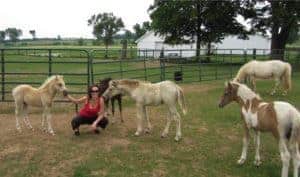
Sanz’s research has focused on Rhodococcus equi, a microorganism that causes pneumonia in young foals.
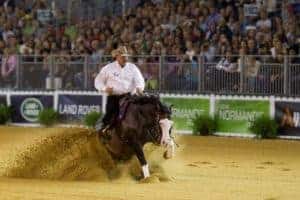
Shawn Flarida will speak at 6 p.m. on April 27 as part of UK’s Distinguished Industry Lecture Series.
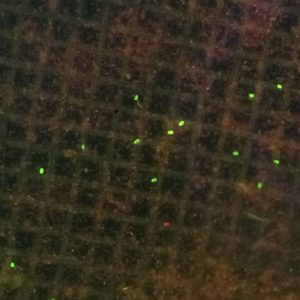
A new smartphone app is designed to help veterinarians obtain fecal egg count results quickly and easily in the field.

Canisso’s research focused on equine placentitis, which is a major cause of late-term pregnancy loss in broodmares.
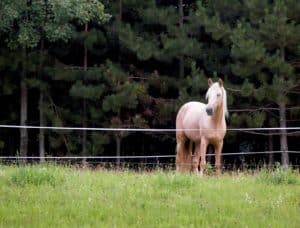
Electric fencing can be a valuable tool for improving your pasture management. Here’s what to consider.
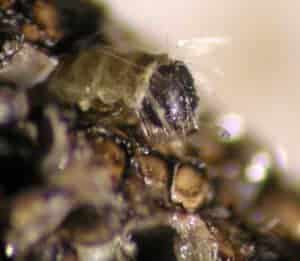
Caterpillar consumption by pregnant mares can lead to fetal loss, late-term foal loss, or weak foals.
Rick Bennett, PhD, is the new UKAg associate dean for research and Kentucky Agricultural Experiment Station director.

A program that integrates several control strategies is generally more successful than relying on only one method.

Parascaris equorum, known for infecting foals, is actually a different species: Parascaris univalens.

Davolli has conducted research on hormone therapy in stallions as well as other breeding-related projects.
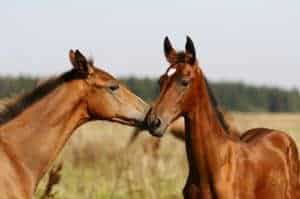
Dr. Martin Nielsen reviews which parasites are dangerous to foals and how to best deworm young horses.
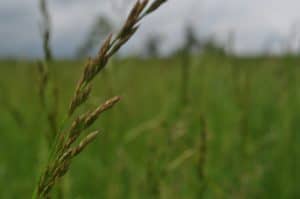
Learn about different kinds of grass, variety selection, establishing new grasses, and grazing tolerance.
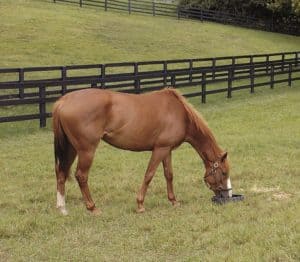
Amino acids are one of the most significant pieces of the puzzle in a horse’s diet and are used to build protein.
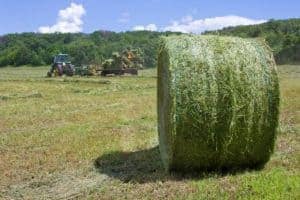
Discussion topics include alfalfa and the environment, perspectives about hay quality, and more.
Stay on top of the most recent Horse Health news with